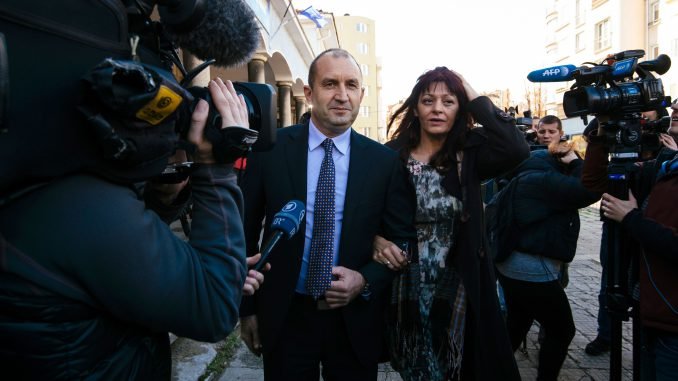
Speaking to BNS on Monday morning, the minister emphasized that the situation in connection to both elections could be due to nations’ disappointment in administration and protest votes rather than pro-Russian sentiments in the two countries.
“The voting in both cases – it is not necessarily a divide between Russia and not Russia, however, there is the relation with the administration where there’s problems with corruption and other issues. These are simply votes against the administration,” said Linkevičius.
Nevertheless, the minister admitted that the election outcome should be viewed as a signal for Europe, as “if the gap between the nation and the administration is too wide, more unexpected things can happen.”
He also noted that both countries featured major powers of their parliaments as compared to those of their presidents, which so far does not pave way for major changes in foreign policy directions.
During the first direct presidential elections in Moldova, the victory went to pro-Russian candidate Igor Dodon. Although analysts viewed the elections as Moldova’s choice between the East and the West, Linkevičius does not think the country’s pro-European course would change considerably.
Bulgaria’s center-right Prime Minister Boiko Borisov announced resignation on Sunday after Parliamentary Speaker Cecka Caceva he supported lost the presidential race to pro-Russian Socialist candidate Rumen Radev.
“We should wait and see what happens, as a new government should be formed after the prime minister’s resignation, and as the parliament remains unchanged for now at least, until there are other plans, there are no reasons for major changes in policies. We should also remember the fact that this is the attitude towards the government,” Linkevičius said about changes in Moldova.
“Of course, changes inside the countries will inevitably have effects (…). So far I do not see major changes in European attitudes or course,” said the Lithuanian diplomacy chief.

Be the first to comment